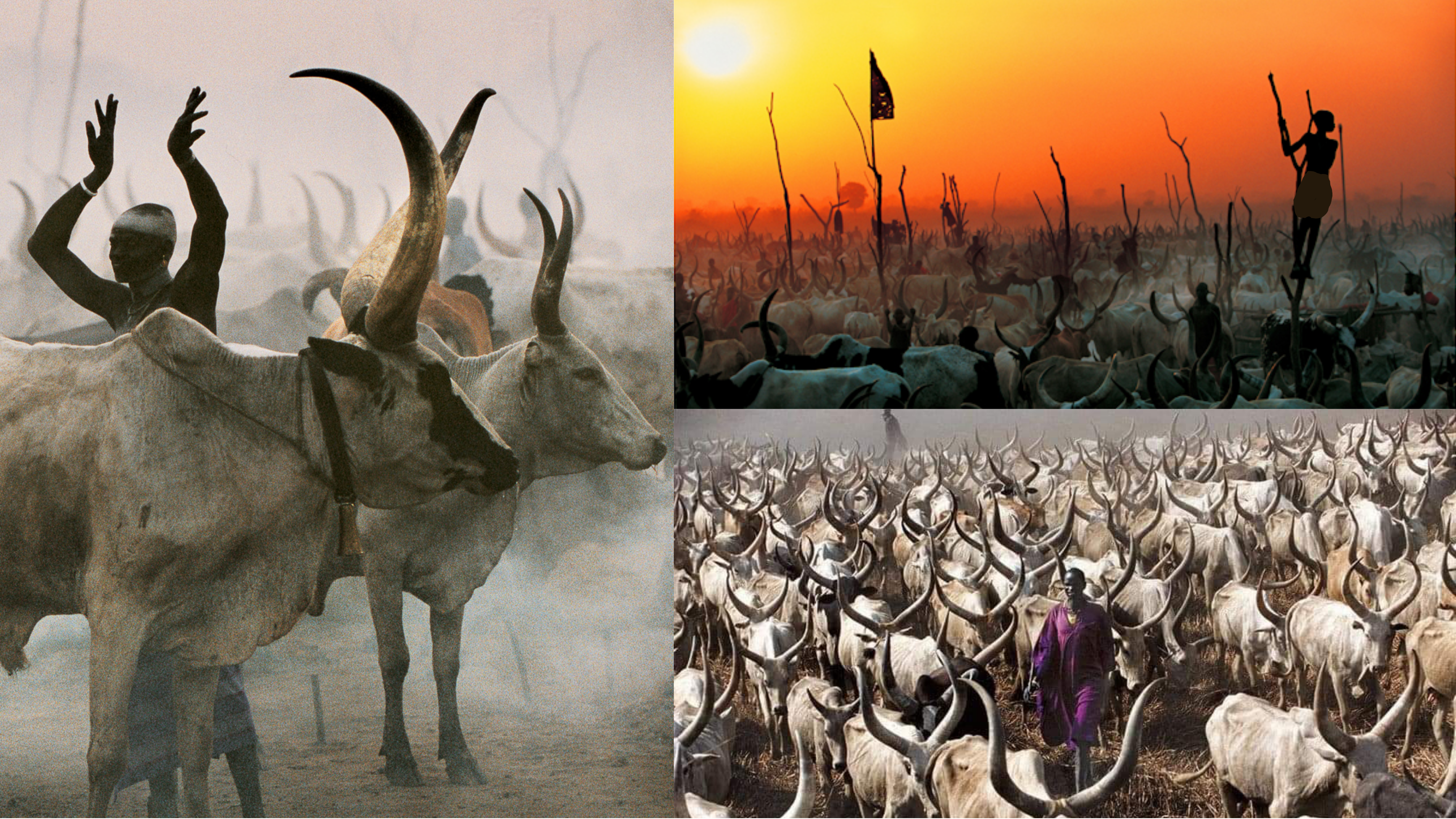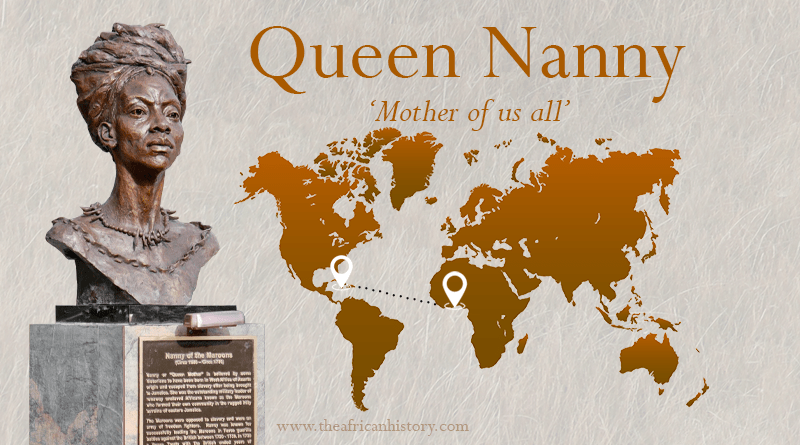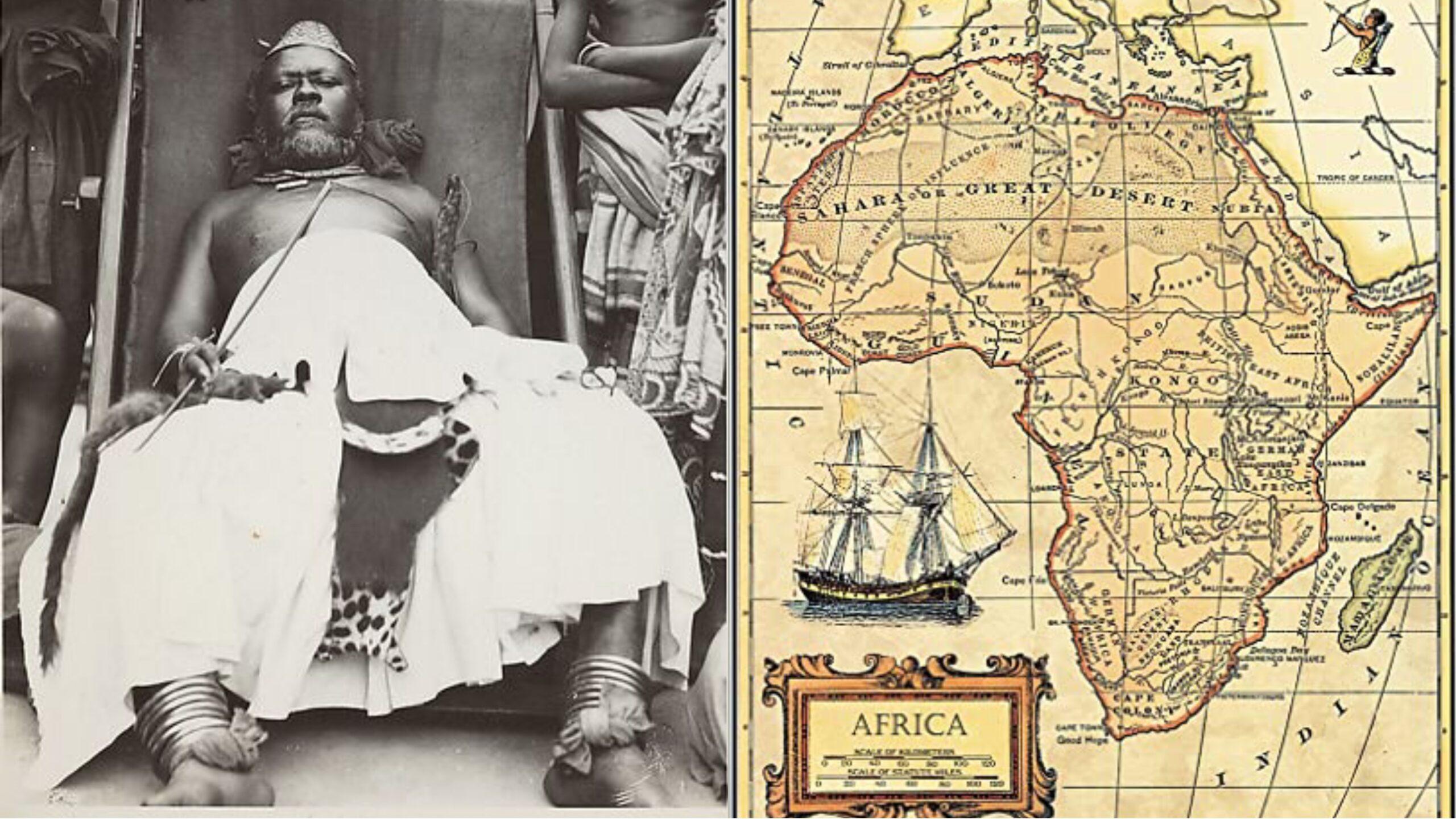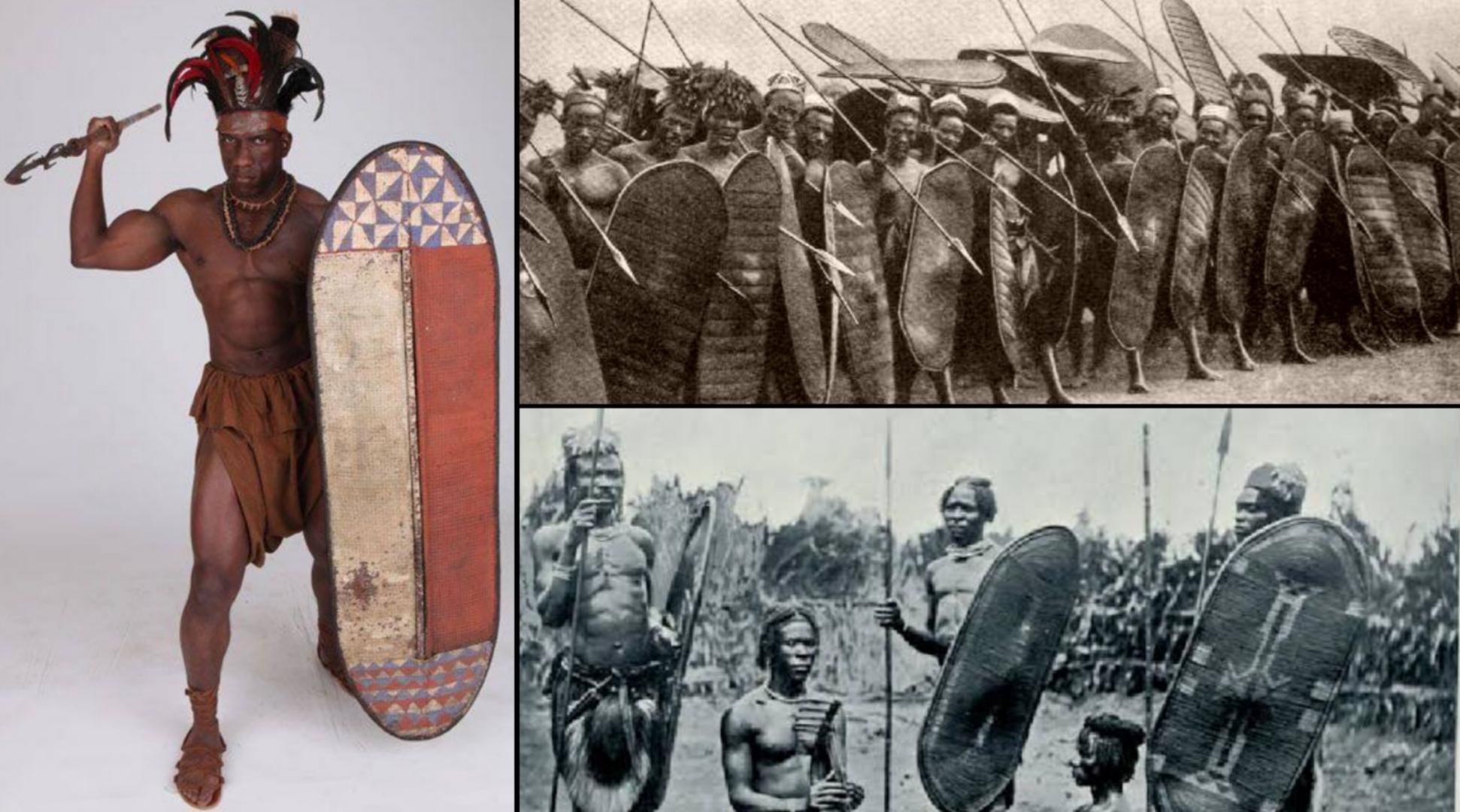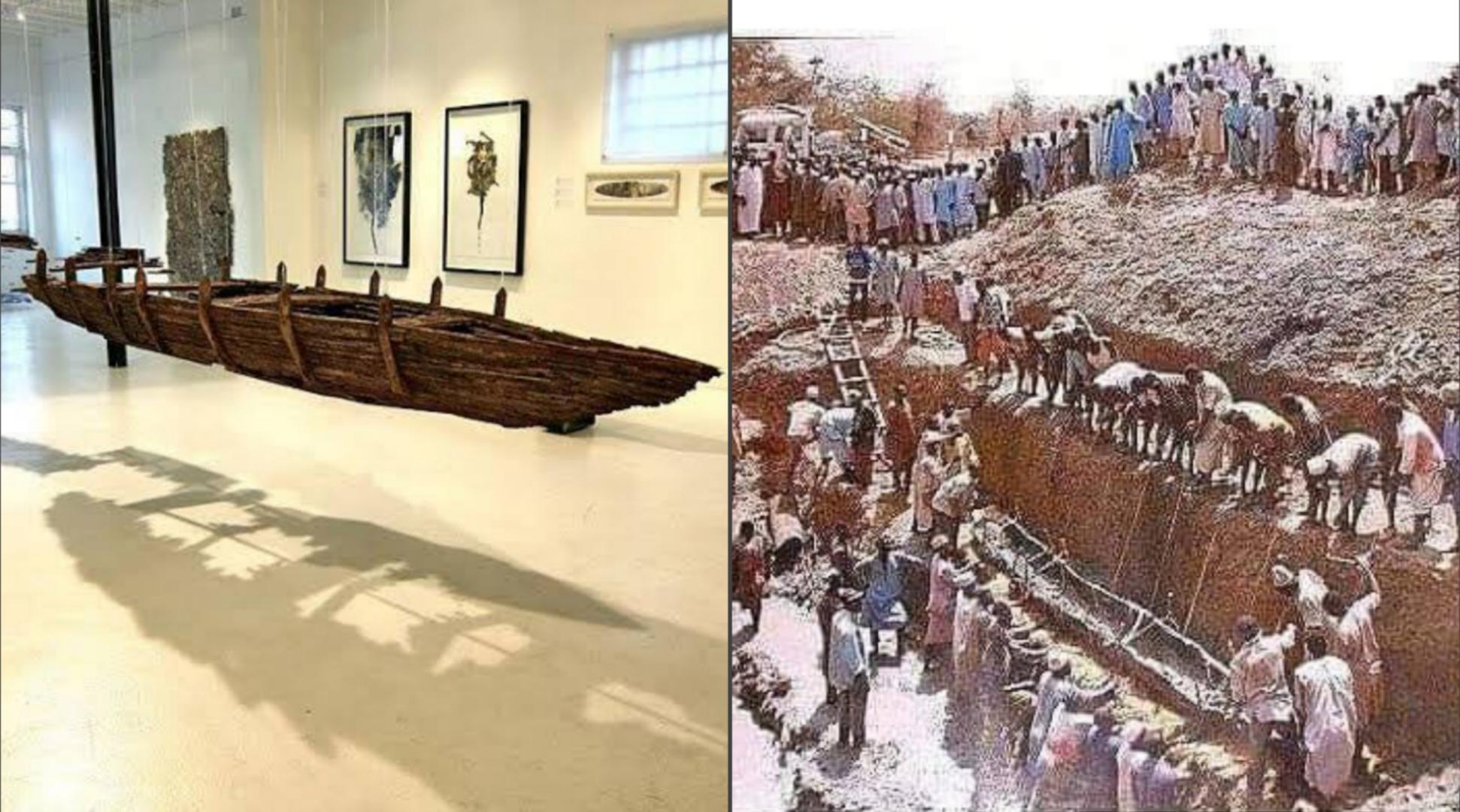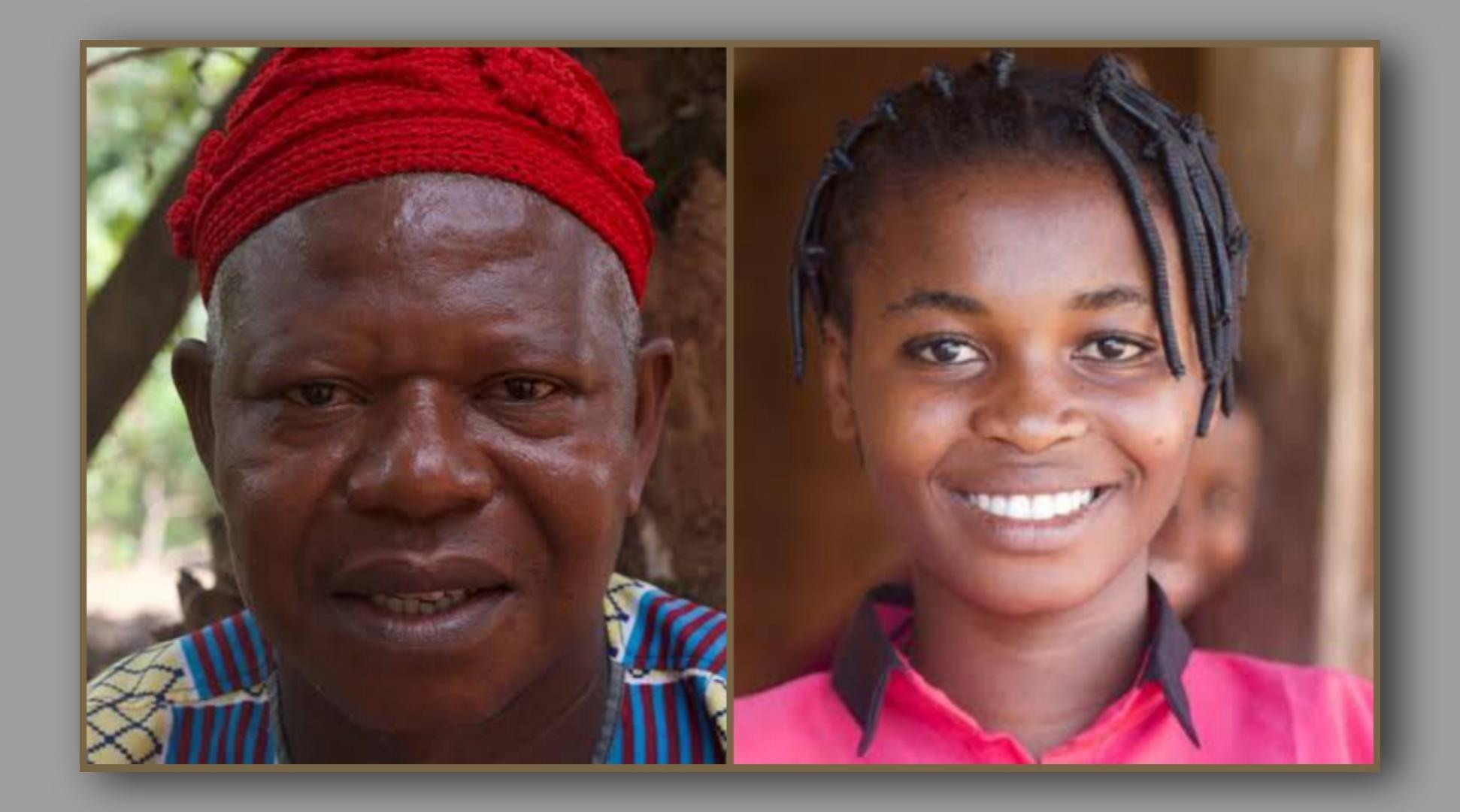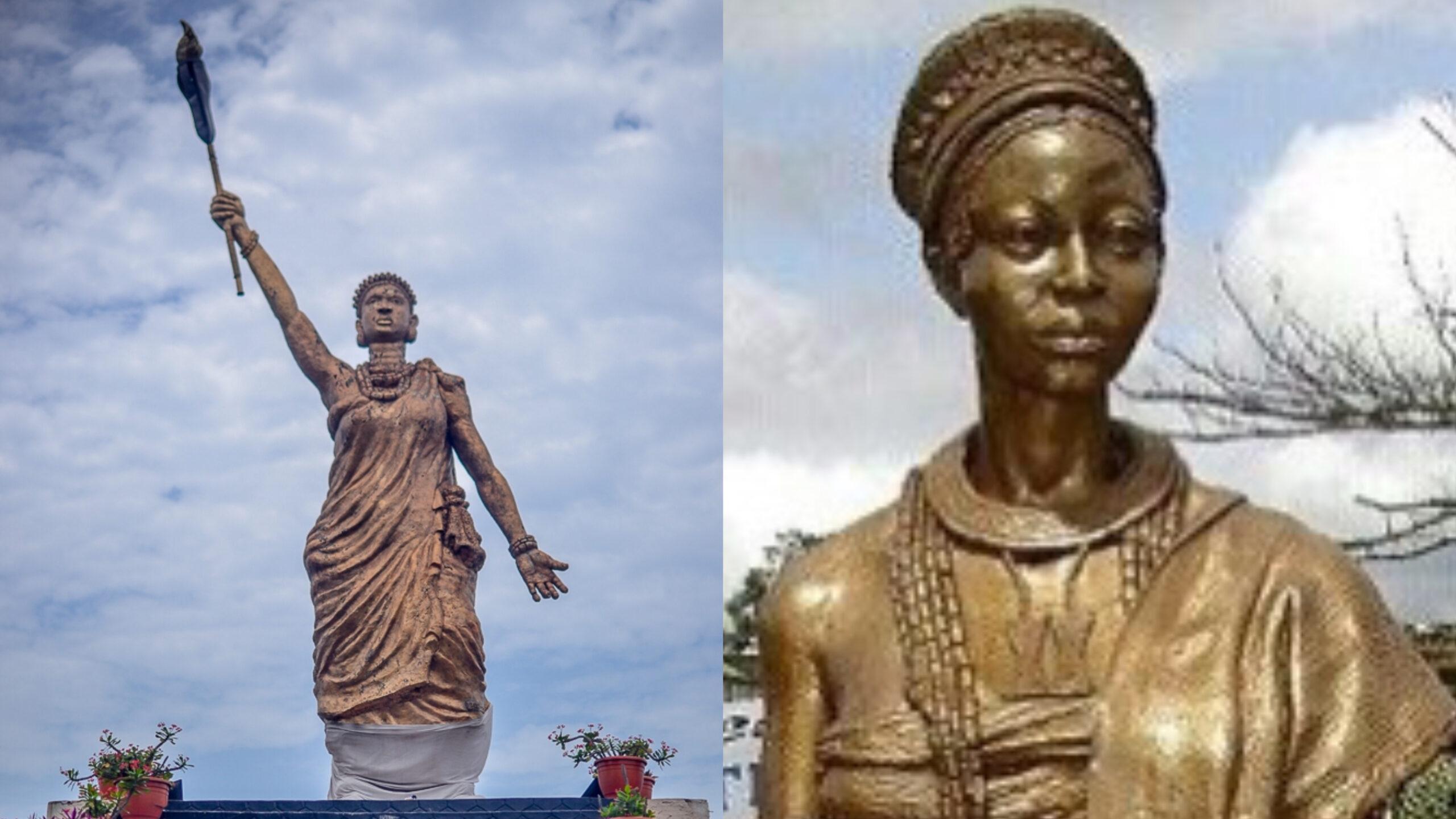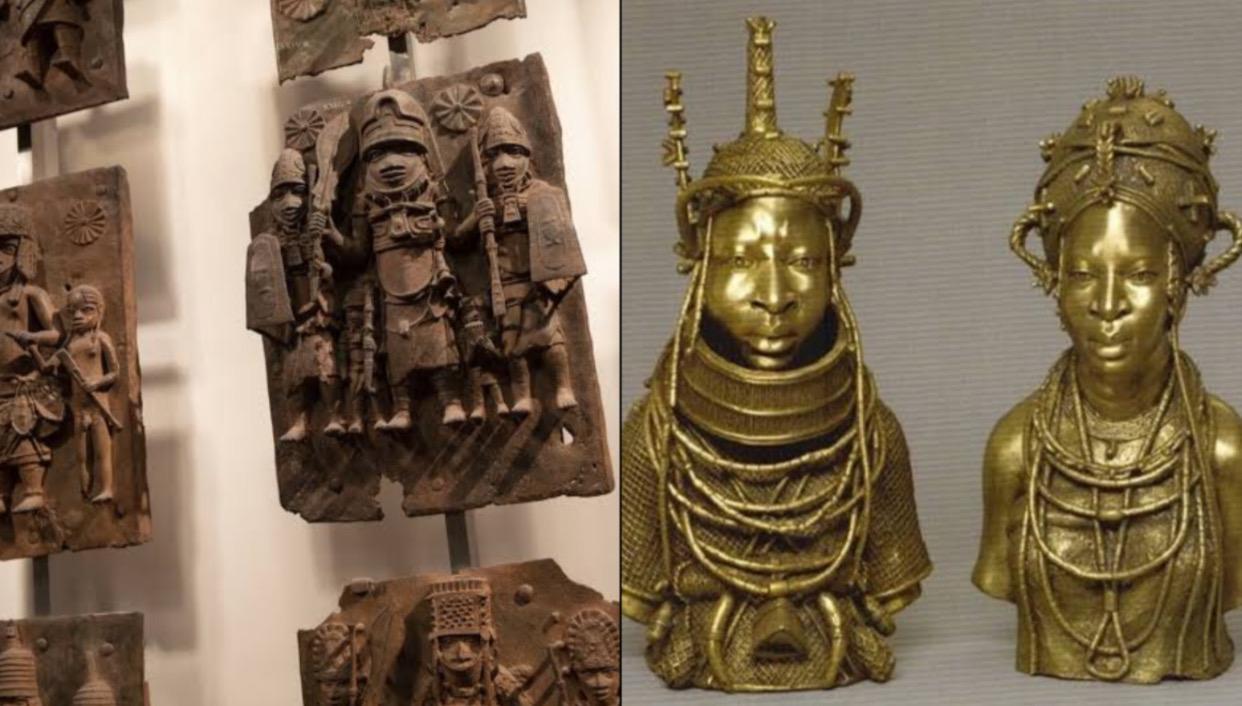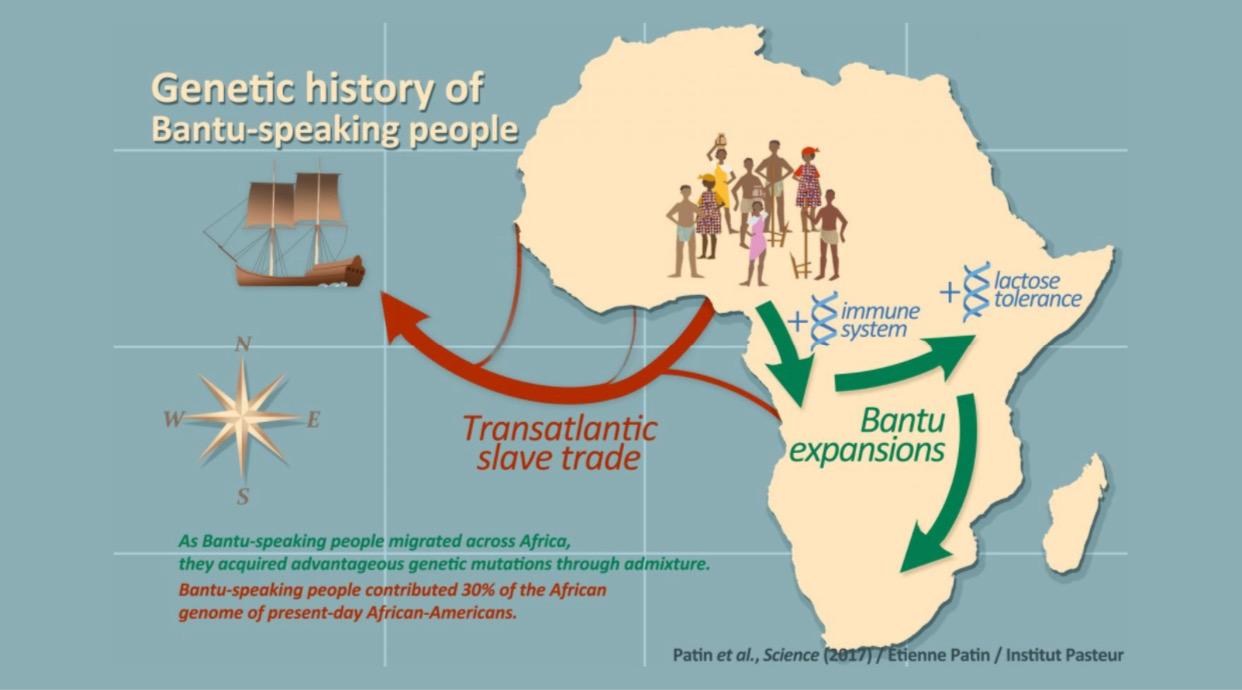With a population of 11.1 million people according to a 2019 disputed UN statistic, South Sudan has over 31 million head of cattle, sheep and goats, making it a world-leading nation when the animal wealth is calculated per capita. South Sudan gained independence from the Republic of the Sudan in 2011, making it the most recent sovereign state or country …
Read More »Blog List Layout
Queen Nanny. A warrior queen raised from Ghana, liberated Jamaicans [1680 – 1730]
Historians have largely ignored Queen Nanny of the Windward Maroons, focusing instead on male figures in Maroon history. The Maroons, on the other hand, hold her in the highest regard. Queen Nanny’s biographical data is sketchy, with her name appearing just four times in written historical documents, and typically in unflattering terms. She is, nonetheless, regarded as the most significant …
Read More »Kot Mabiinc, the paralysed king who ruled Kuba, the most culturally civilized kingdom in Africa
The Kuba kingdom, located between the Kasai and Sankuru rivers in the southern region of the Democratic Republic of the Congo, was one of the most powerful and beautiful civilizations that flourished from the 17th to the 20th centuries. Migrating from the far north to their current location in the 16th century, the Kuba kingdom was largely isolated due to …
Read More »Azande: Warroir tribe that conquered parts of Central Africa Republic, DRC & South Sudan
The Azande (plural of “Zande” in the Zande language) are an ethnic group of North Central Africa. Zande are primarily found in the northeastern region of Democratic Republic of the Congo, south-central and southwestern regions of South Sudan, and the southeastern region of Central African Republic. The Congolese Azande inhabit in Orientale Province, specifically in the Isiro, Dungu, Kisangani, and Duruma areas near the …
Read More »Dufuna Boat: The 8,000 years oldest Canoe in Africa & second oldest on earth
The Dufuna Canoe was discovered in 1987 by a Fulani cattle herder a few kilometers from the village of Dufuna in the Fune Local Government Area of Yobe State, Nigeria, near the Komadugu Gana River. The canoe was dated at 8,500 to 8,000 years old by radiocarbon dating of a sample of charcoal found near the site, linking the site …
Read More »Garrett Morgan, the black inventor who invented traffic lights, gas mask & more
Garrett Augustus Morgan, Sr. was an African-American inventor, businessman, and community leader. He was born in 1877 on March 4 and died in 1963 on July 27. Garrett Morgan was a groundbreaker for African American inventors with his patents. He invented many, including hair straightening products, a breathing device, a revamped sewing machine, and an excellent traffic signal. Garrett Morgan …
Read More »Ubang: The African community where men and women speak different languages
Generally speaking, the difference between a man and a woman around the world is their gender, but it’s more than that in Ubang, a rural community in southern Nigeria. Men and women speak different languages in the farming community situated between two mountains in Obudu Local Government Area, Cross River State, Nigeria, and they understand each other perfectly. Estimated to …
Read More »Moremi Ajasoro, the sacrificial princess of the 12th century Yoruba Kingdom most beloved
Evidently, the story of one of the Yoruba kingdom’s first princesses, Moremi Ajasoro, is fascinating and points to the significant role women have played and continue to play in the unity of African kingdoms and nation-states. In the first kingdom of the Yoruba people, Ile-Ife, Moremi Ajasoro, popularly named Moremi, is regarded by all accounts to have been a highly …
Read More »France Approves Return of African Treasures Looted During Colonial Period
Radio France Internationale French MPs have approved the return of looted historical artefacts to Benin and Senegal, completing the legislative process needed to give back the objects. Benin will receive 26 artefacts taken from the Palace of Behanzin in the late 19th century, including a royal throne, which are currently exhibited at the Quai Branly-Jacques Chirac museum in Paris. Senegal …
Read More »The migration history of Bantu speaking tribes 4,000 to 5,000 years ago
The rise of farming marked a significant turning point in African history around 4,000 to 5,000 years ago. Bantu speakers, historically hunter-gatherers living in the region between Cameroon and Nigeria, were able to gradually leave their homeland and spread to new areas by mastering this new ability. This was the beginning of a millennia-long journey that culminated in the settlement …
Read More » The African History Truly African
The African History Truly African

